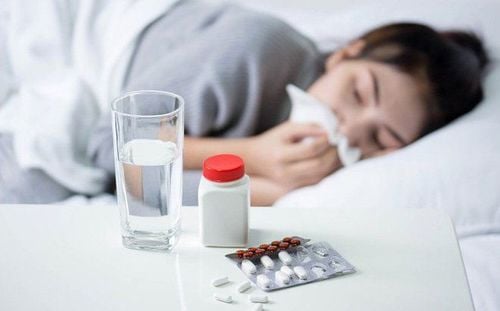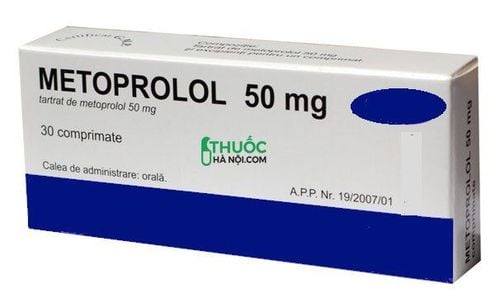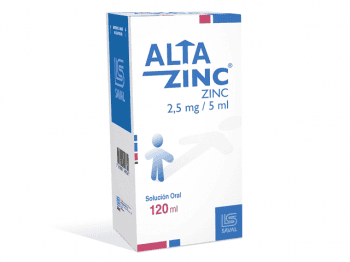This is an automatically translated article.
The article is professionally consulted by Professor, Doctor, Doctor Do Doan Loi - Senior Advisor of Cardiology Center - Cardiovascular Center - Vinmec Times City International General Hospital.Cardiac arrhythmias appear more and more common and tend to be younger, if not detected in time, the patient can be in danger of life. So how to treat arrhythmia, medical intervention? Let's find out together in this article.
1. General understanding of arrhythmia
1.1. What is an arrhythmia?
Arrhythmia is a characteristic heart disease, caused by an abnormal heart rate or rhythm, which can be too fast, too slow, too erratic,... This disease is more common in men in 70% of cases. , only 30% are female.Cardiac arrhythmia occurs when the electrical impulses in the heart work abnormally. The heart works irregularly: Sometimes it's fast, sometimes it's slow, sometimes it beats too early,... Disposition: Arrhythmia originating in the atria or ventricles. How often or sometimes,...
1.2. Symptoms of arrhythmia
Common symptoms of arrhythmia are:Tachycardia : Heart beats more than 100 beats/min. Bradycardia: The heart beats less than 60 beats per minute. Shortness of breath. Chest pain. Dizziness, dizziness. Chest palpitations. Faint. Short breath. Weak, tired. Chest feels tight.
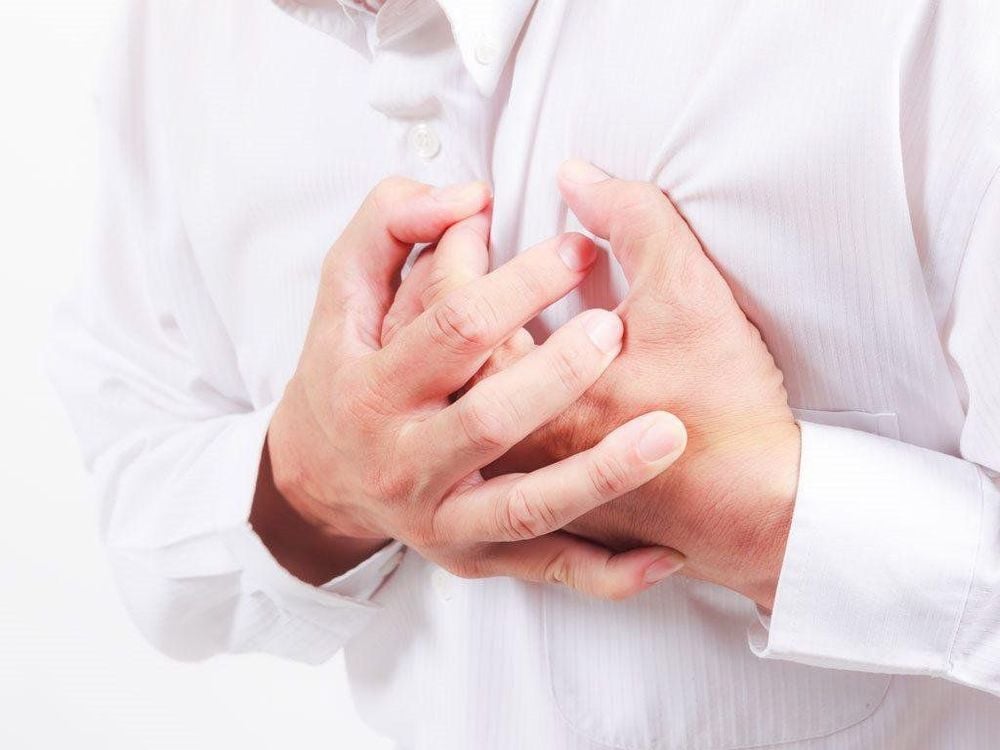
Khó thở, đau tức ngực là biểu hiện của rối loạn nhịp tim.
1.3. Causes of arrhythmias
Cardiac arrhythmias tend to be younger and younger, many people are born with heart problems. In general, arrhythmias can be caused by:Increased blood pressure. Scarring of the heart muscle, due to complications of a heart attack. Coronary artery disease. Hyperthyroidism: an overactive thyroid gland. Hypothyroidism: Weakened thyroid gland. Cardiac structural changes, cardiomyopathy. Over-the-counter supplements: dietary supplements, allergy medications,... Cardiac autonomic disorders Cardiac arrhythmias can occur in patients of all ages, are common, and can be controlled. by reducing risk factors.
Risk factors for arrhythmia such as:
Myocardial ischemia. Drug abuse. Smoke. Drinking too much alcohol and coffee. Diabetes. Stress . Genetic. Sleep apnea.
2. Treatment of arrhythmia
2.1. Diagnostic techniques for cardiac arrhythmias
When there are symptoms of suspected arrhythmia, the patient will be diagnosed by collecting information and heart condition including:Ask about symptoms, medical history. Clinical examination. Monitor with Holter Electrocardiogram (24-hour electrocardiogram) to record the heart's activity throughout the day. Electrocardiogram: Detects the electrical activity of the heart. Echocardiogram: Monitors images of the structure, size, and movement of the heart. Symptom monitoring: Check the heart rate at the time of arrhythmia symptoms. Stress test: Cardiac arrhythmia is easy to manifest when the patient exerts himself, jogging or cycling in place.
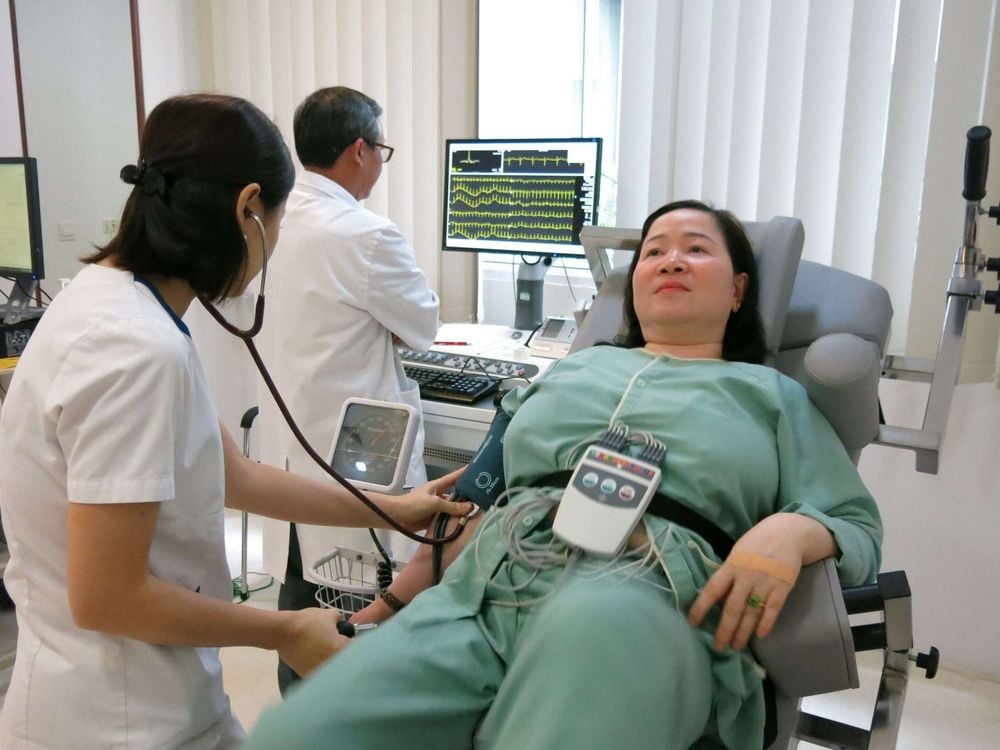
Bệnh nhân đang được test gắng sức
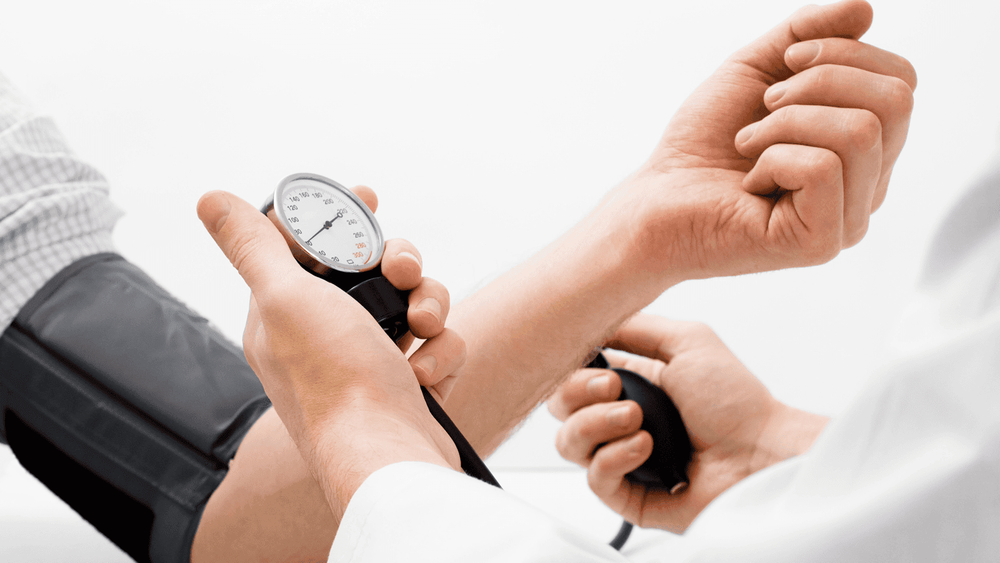
Theo dõi huyết áp khi thay đổi tư thế nằm ngang và đứng lên.
Depending on the state of arrhythmia manifestations and medical history, the doctor will give appropriate diagnostic methods. Once the exact cause of your arrhythmia or other medical condition is determined, your doctor will determine the right course of treatment.
2.2. Methods of treating cardiac arrhythmias
Depending on the cause and type of arrhythmia, doctors recommend different methods. Here are some of the methods used to treat it:Treat bradycardia
Medications may be used. But if that doesn't work, the doctor will use a small device called a pacemaker, implanted under the chest muscle. The machine will support the generation of electrical impulses, support stimulation and restore the necessary heart rate, avoiding sudden death.
Treatment of tachycardia
There are many methods used to treat tachycardia such as:
Medications: Antiarrhythmic drugs to control and restore a normal heart rhythm. Vagal therapy: This particular maneuver is used to stop supraventricular tachycardia by acting on the vagus nerve and the nervous system that controls heart rate. Catheter ablation: The electrical waves will burn the pathological heart rhythms or burn the auxiliary electrical conduction pathways of the heart, ... to prevent irregular heartbeat, tachycardia. Cardiac cardioversion: Acts on electrical impulses to restore a normal heart rhythm. Surgery
When the above interventions do not work, the doctor will prescribe surgery to treat arrhythmia, including:
Coronary bypass surgery: Improves blood flow to the heart, is used in the case of patients with coronary artery disease that makes the arrhythmia worse.
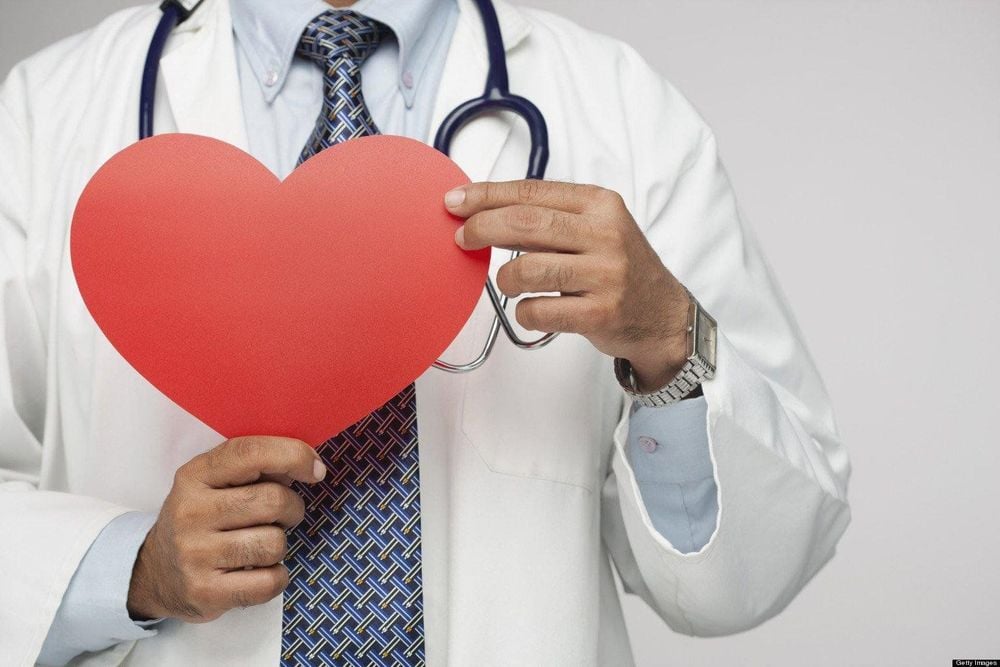
Phẫu thuật Maze điều trị rối loạn nhịp tim.
2.3. Class of drugs for the treatment of cardiac arrhythmias
Cardiac arrhythmias are often prioritized to treat with drugs first, if not effective, then consider interventions on the heart because it can cause complications or recurrence. Patients need long-term medication to correct the electrical disturbances and restore a normal heart rhythm. The drug's mechanisms of action include:Preventing abnormal automatic heart rhythms. Prolongs refractory time and increases myocardial recovery time. Decrease or increase the speed of conduction of electrical impulses in the heart. With the above 3 mechanisms, the group of drugs used includes:
Antiarrhythmic drugs This group of drugs works to prolong the refractory period of the heart and prevent abnormal automatic heart rhythms, including drugs: Dronedarone, sotalol , amiodarone, propafenon,...
Group of beta-blockers This group of drugs works to slow the heart rate, relax the heart muscle to reduce the workload of the heart, reduce the conduction of cardiac electrical impulses through the atrioventricular node, including: drugs: Atenolol, metoprolol, bisopropol,...
Calcium channel blockers This group of drugs has a vasodilator effect, reducing the conduction of cardiac electrical impulses through the atrioventricular node, including drugs: diltiazem, verapamil,...
In addition, ancillary drugs can be used such as:
Digoxin: Is a cardiac glycoside that helps increase myocardial contractility, reduces conduction of cardiac electrical impulses through the atrioventricular node. Adenosine: A purine agonist that relaxes blood vessels and reduces conduction across the atrioventricular node. In general, drugs to treat cardiac arrhythmias need to be prescribed by a doctor and the patient should absolutely adhere to their use. Because if used in the wrong way, heart arrhythmia treatment drugs can cause side effects such as:
Make arrhythmia more serious. Be swelled the leg. Drug allergy. Skin tan due to sensitivity to sunlight. Blurred eyes. Loss of appetite. Constipation, Diarrhea...
2.4. Lifestyle for patients treated for arrhythmias
When treating arrhythmias: In addition to using drugs and treating them according to the doctor's schedule, the lifestyle is also very important. Having the right lifestyle habits will help limit the progression of arrhythmias.
Bệnh nhân điều trị rối loạn nhịp tim cần có chế độ sinh hoạt lành mạnh.
Regularly eat heart-healthy foods: Solid fats, fruits, vegetables and whole grains, low-salt foods. Regular exercise: Exercise every day, exercise and intensity consult a doctor. Limit alcohol, smoking and other stimulants. Maintain a stable weight. Control cholesterol and stable blood pressure. Periodic re-examination. In addition, you can refer to a number of alternative and complementary therapies to reduce stress, regulate the body such as meditation, yoga, relaxation techniques.
Above are the methods and information on the treatment of arrhythmias, for any questions that need advice, please contact Vinmec's team of consultants and experts for timely answers.
Please dial HOTLINE for more information or register for an appointment HERE. Download MyVinmec app to make appointments faster and to manage your bookings easily.







